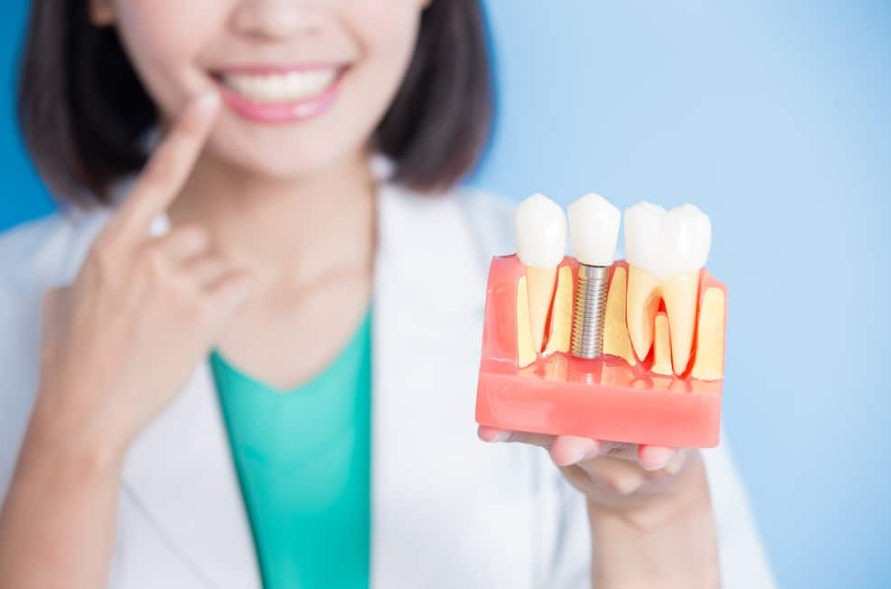
Dental Implant Cost in Korea: Everything You Need to Know Before Getting One
Why Korea is becoming a hotspot for dental implants
South Korea has earned a strong global reputation for advanced medical technology and exceptional patient care, and dentistry is no exception. In recent years, dental implants in Korea have become increasingly popular among both locals and international patients, thanks to a combination of affordability, high-quality materials, and skilled dental specialists.
Compared to Western countries, Korea offers significantly lower prices for dental implants — often at half or even one-third the cost — without compromising quality. This affordability, paired with cutting-edge equipment and short recovery times, makes the country a prime destination for dental tourism.
Average cost of dental implants in Korea
The cost of a dental implant (dentimplant) in Korea depends on several factors, including the type of implant, the clinic’s location, and whether additional procedures (like bone grafting) are required. On average:
- Single dental implant: 1.2 million to 2.5 million KRW ($900 to $1,900 USD)
- Full-mouth restoration: 20 million to 40 million KRW ($15,000 to $30,000 USD)
- All-on-4 or All-on-6 systems: 10 million to 25 million KRW ($7,500 to $18,500 USD)
Premium brands or clinics in upscale districts like Gangnam may charge more, while smaller clinics or promotions can lower the cost.
Factors affecting dental implant cost
Several factors influence how much you’ll pay for a dental implant in Korea:
- Type of implant system: Brands like Straumann, Osstem, and Dentium differ in cost and longevity.
- Material used: Titanium is standard, but zirconia implants can be pricier.
- Dentist’s experience: Highly skilled implant specialists may charge a premium.
- Clinic location: Dental clinics in Seoul’s central districts tend to be more expensive.
- Additional procedures: Bone grafts, sinus lifts, or extractions add to the total price.
The procedure: What to expect
Getting a dental implant in Korea usually involves two to three visits over a period of three to six months. Here’s a general breakdown:
- Initial consultation: Includes X-rays, CT scans, and treatment planning.
- Implant placement surgery: The titanium post is inserted into the jawbone.
- Healing period: Osseointegration (bone bonding) takes 2–4 months.
- Crown attachment: The permanent tooth is placed after healing.
Some clinics offer same-day implants, but these are recommended only for patients with strong bone density.
Why Korea is trusted for dental implants
Korea’s dental implant industry benefits from strong government regulation, advanced manufacturing technology, and dentists who undergo rigorous training. Many clinics cater to international patients by offering:
- English-speaking staff
- Transparent price quotes
- Online consultation before arrival
- Assistance with travel arrangements
Additionally, Korean dental clinics often provide warranties for their implants — usually 5 to 10 years — which gives patients extra peace of mind.
See also: How Biodegradable Paper Bags Can Make a Sustainable Difference
Dental tourism: Combining treatment with travel
Many patients choose to combine their dental procedure with sightseeing in Korea. Seoul, Busan, and Daegu are common destinations for both tourism and dental care. Popular dental tourism packages include airport pickup, hotel booking assistance, and a personal translator.
Since recovery after implant surgery is usually mild, patients can still enjoy cultural sites, shopping, and local food between appointments.
Final thoughts: Is it worth it?
Getting a dental implant in Korea can be an excellent choice for those seeking high-quality treatment at a reasonable cost. With world-class dental technology, experienced specialists, and significantly lower prices than in countries like the US, Australia, or the UK, Korea has firmly positioned itself as a leader in dental tourism.
If you’re considering treatment, it’s wise to research clinics carefully, check patient reviews, and confirm total costs (including aftercare) before booking your trip. With the right clinic, you’ll return home with a restored smile — and possibly a suitcase full of great memories.




